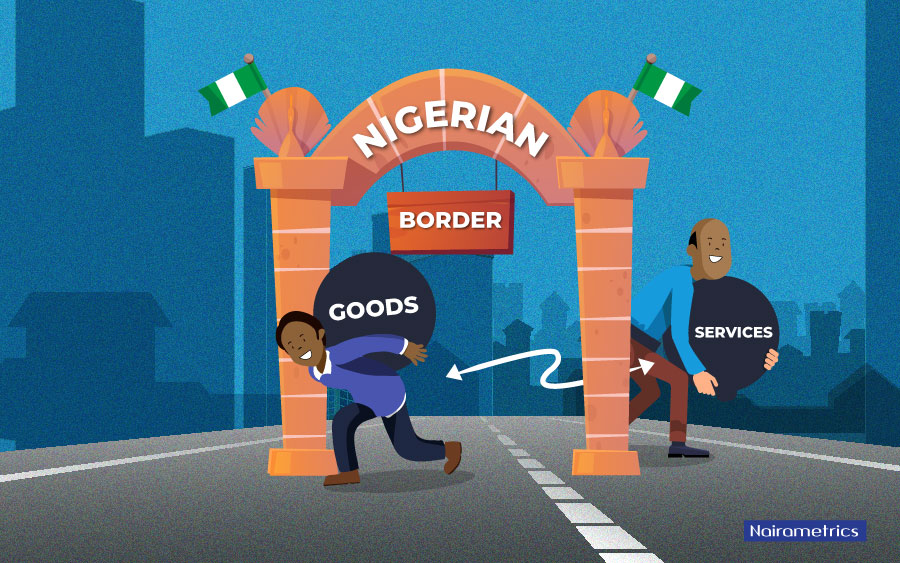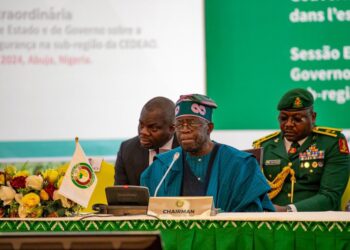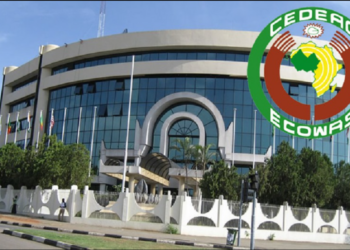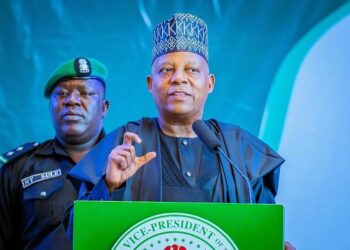There are two developments that can potentially shape the fortunes of the international trade dynamics in Nigeria in 2021, the emergence of Dr.Ngozi Okonjo-Iweala as the DG of the World Trade Organization (WTO), as well as the ratification of the AfCFTA agreement, expected to take off in January 2021.
This was disclosed in the special report of SB Morgen captioned “The Year Ahead, Light At the End of the Tunnel, What to Expect” in 2021, published by SBM Intel – an Africa focused geopolitical research and strategic communications consulting firm principally involved in addressing the critical need for political, social, economic and market data, and big data analytics.
READ: AfCFTA: African Finance Ministers to discuss payments system for trade bloc
According to the report…
- Okonjo-Iweala’s candidacy for WTO DG has received broad support across Africa, the EU, Latin America and Japan, but has faced pushback from the United States government.
- However, with a transition to the Biden-led US administration in the coming year, consensus will likely be reached for Okonjo Iweala’s appointment. Nigeria’s nominee landing the position would give the country’s international reputation a much-needed boost.
- The ratification of the AfCFTA agreement would signal a more positive stance towards free trade, though this appears to be an overly optimistic view.
- Currently, the Nigeria Customs Service maintains a 45-item list of banned imports, despite the country’s membership of the WTO and the implementation of the ECOWAS Common External Tariff. The list is unlikely to get shorter anytime soon. However, reopening the land borders would at least demonstrate a credible commitment to the letter and spirit of the free trade agreement.
READ: Sustaining and deepening policy reforms key to faster recovery, says World Bank
READ: Lasaco Assurance Plc forecasts N375.23 million profit in Q1 2021
Other key highlights of the report
- The Nigerian government will continue to struggle in 2021 due to poor revenue sources caused by slow global economic recovery from the coronavirus pandemic, which has kept oil prices low. The high cost of debt servicing will continue to eat away whatever revenue that comes in as non-oil revenue will be nowhere near enough to adequately cover-up.
- The desperation to drive investment into the country and unlock growth in the oil sector will make it highly imperative to pass the Petroleum Industry Bill (PIB) most likely in the second half of 2021. So far, so good, there have not been any strong oppositions to the draft from the industry, trade unions or any organized groups and interestingly, the National Assembly (especially, the senate) is very much aligned and allied with the Executive – indicating a good signal and omen in passing the bill, thus breaking a 13-year deadlock.
- With the available statistics, Nigeria is very likely to return to positive growth by Q4, 2021, thus exiting the recession. This development would be made possible and likely driven by slightly higher oil prices, as well as a reopening of borders which will reverse the decline of the trade sector, one of the largest employers of labour in the country.
- As Nigeria lacks the financial muscle to launch the economy back to the fast lane of growth, one would expect that productivity will continue to decline with resulting job losses in 2021.
- The CBN’s interventionist stance will accelerate in 2021 as the Presidency and Finance Minister have ceded their fiscal policy responsibilities to the CBN. The CBN is considering tampering with the MPR and CRR as well as the LDR. This is expected to ramp up extra-monetary interventions and expand its regulatory oversight over banking and other sectors closely tied to finance. No matter how the pendulum swings, the outcome will likely be sluggish and a painful economic growth.
READ: Aviation contribution to GDP drops by 38.86% in Q3 2020 – NBS
Bottom line
- The impact of the AfCFTA will not be determined by government policies alone but also by how much the private sector leverages the abundant opportunities available in the free trade area in Africa.
- For Micro, Small and Medium Enterprises (MSMEs) – the core drivers of the Nigerian economy, policy uncertainty has remained an important determining factor in their decision to engage in international trade.
- MSMEs tend to have a lower capacity to accommodate risks because even small adverse events can lead to business failure.
- Considering that MSMEs are quite responsible for almost half of Nigeria’s Gross Domestic Product (GDP), any potential gains from the AfCFTA may not materialize unless the government clearly states and maintains a streamlined, consistent position in favour of free trade.
- According to the report, the borders may not be opened on 1st January 2021 as per the AfCFTA treaty, which would inevitably put pressure on Nigeria from both IMF and World Bank as part of the conditions for some of the loans granted her.
READ: Jumia plans to spin off logistics and payment unit in a bid to become profitable






















